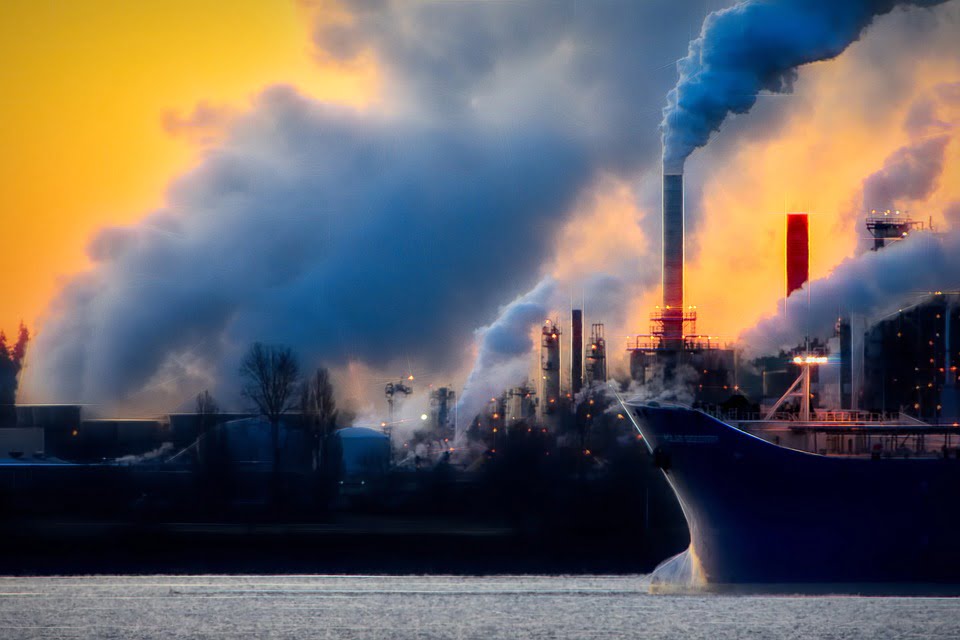“Global Disarray: WMO Urges Immediate Action as 2024 Sees Unprecedented Spike in Climate Change Indicators”

Introduction: In the wake of the recent report released by the World Meteorological Organization (WMO), the world stands at a critical juncture. The alarming surge in climate change indicators throughout 2024 has sparked a red alert, signaling the dire need for immediate action. As we delve deeper into the implications of this report, it becomes increasingly evident that we are witnessing the unfolding of a global climate crisis of unprecedented magnitude.
Understanding the Gravity of the Situation: Before we delve into the specifics of the WMO report, it’s crucial to comprehend the gravity of the climate crisis we are facing. Climate change isn’t just a distant threat relegated to the future; it’s a present reality impacting communities worldwide. From extreme weather events to rising sea levels and dwindling biodiversity, the signs of climate chaos are unmistakable.
The WMO Report Unveiled: According to the latest findings from the WMO, 2024 has seen a staggering increase in climate change indicators, reaching record-high levels. This includes but is not limited to, rising global temperatures, intensifying weather patterns, and unprecedented levels of greenhouse gas emissions. Such a stark escalation demands immediate attention and concerted efforts from governments, industries, and individuals alike.
Impacts on Our Environment: The repercussions of unchecked climate change are far-reaching and devastating. Our ecosystems are under immense strain, leading to habitat loss, species extinction, and disruptions in ecological balance. From the melting ice caps in the Arctic to the bleaching of coral reefs in the oceans, the signs of environmental degradation are glaring. If left unaddressed, these impacts will only exacerbate, posing grave threats to both human and planetary health.
Social and Economic Ramifications: Beyond its environmental toll, the climate crisis also exacts a heavy toll on societies and economies. Vulnerable communities, often the least responsible for carbon emissions, bear the brunt of climate-related disasters. From displacement due to sea-level rise to food insecurity exacerbated by droughts and floods, the socio-economic disparities wrought by climate change are glaring. Moreover, industries reliant on fossil fuels face mounting pressure to transition towards sustainable alternatives, presenting both challenges and opportunities for economic transformation.
The Urgent Need for Action: In the face of such dire circumstances, complacency is not an option. We must heed the WMO’s red alert and take decisive action to mitigate and adapt to climate change. This entails a multi-faceted approach encompassing policy interventions, technological innovations, and individual behavioral changes.

Governments play a pivotal role in enacting ambitious climate policies, including stringent emissions regulations, investments in renewable energy infrastructure, and the phasing out of fossil fuel subsidies. International cooperation is equally crucial, with global summits such as COP26 serving as platforms for collaborative action towards achieving carbon neutrality and limiting global warming to well below 2 degrees Celsius.
Furthermore, businesses must embrace sustainability as a core tenet of their operations, adopting eco-friendly practices, and investing in green technologies. From transitioning to renewable energy sources to implementing circular economy principles, corporate leadership is indispensable in driving the transition to a low-carbon future.
At the individual level, every action counts. Whether it’s reducing energy consumption, minimizing waste, or advocating for climate-conscious policies, each of us has a role to play in combating climate change. By making informed choices and amplifying our collective voice, we can effect meaningful change and safeguard the planet for future generations.
Conclusion: As we reflect on the WMO’s red alert for 2024, it’s evident that we stand at a critical juncture in human history. The choices we make today will determine the fate of our planet and all its inhabitants. Let us heed the warnings of science, unite in purpose, and embark on a journey towards a sustainable and resilient future. Together, we can confront the climate chaos unleashed upon us and forge a path towards a brighter tomorrow.












Comments